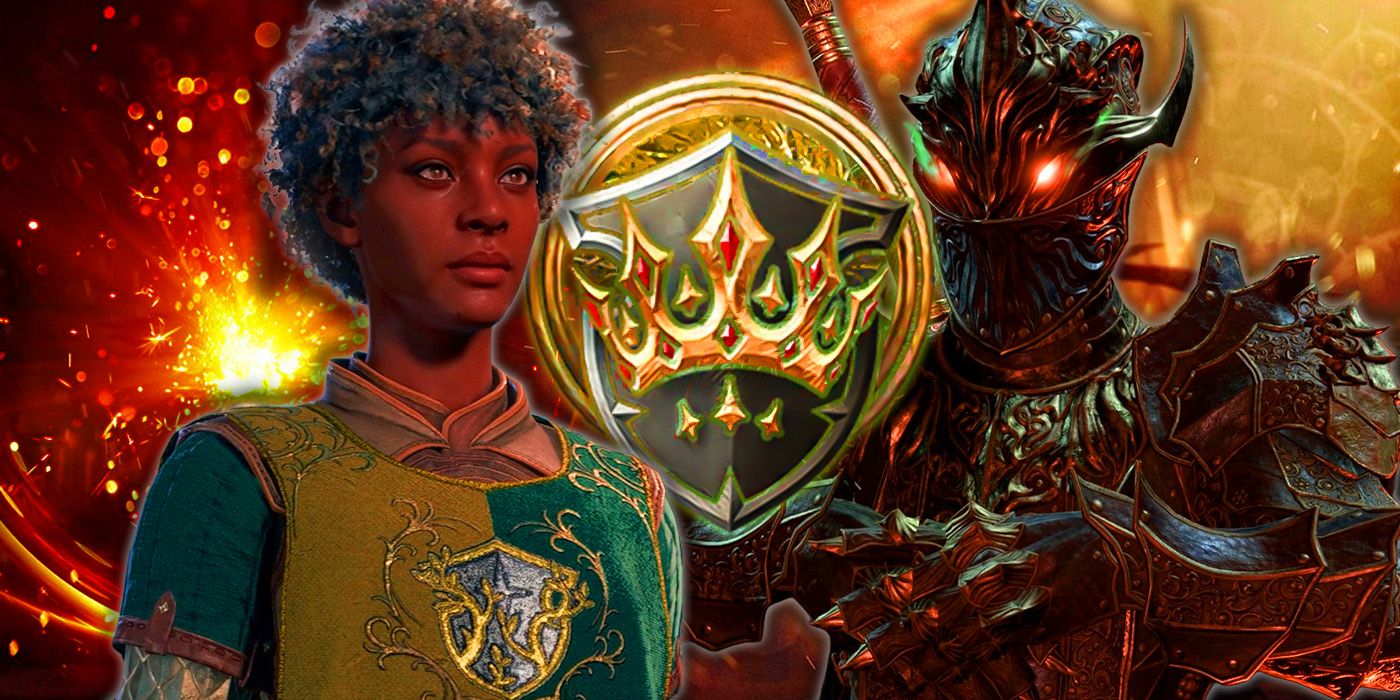
Every Paladin in the game can become an Oathbreaker in Baldur’s Gate 3 by doing actions that go against the Tenets tied to their subclass. For example, if an Oath of Devotion Paladin tied to compassion tortures someone in the Goblin Camp of Act 1, they’ll break their Oath’s values. Doing this removes a Paladin’s ability to use Channel Oath subclass features until they can reclaim their Oath by paying an amount of Gold.
Oath Of The Crown Has Very Strict Tenets
Upholding Order Takes A Lot Of Responsibility
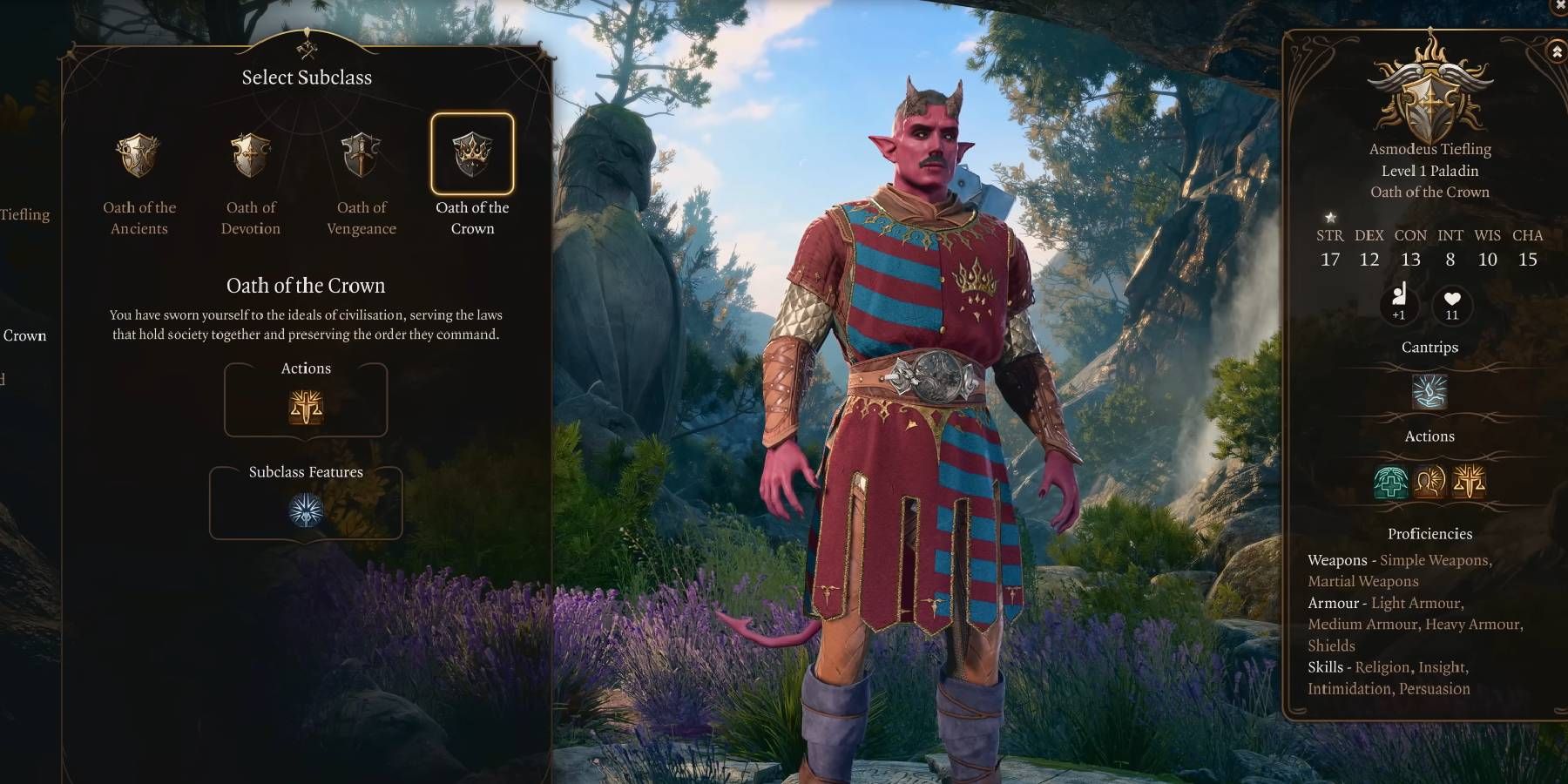
After playing each of the Paladin subclasses in different playthroughs, I’ve come to the conclusion that the Oath of the Crown has some of the easiest Tenets to break in the game. This subclass has very straightforward ideals, including these Tenets:
Law – Uphold civilization and order.
Loyalty – Your word is your bond; without loyalty, oaths and laws are meaningless.
Responsibility – Deal with the consequences of your actions, and fulfill your duties and obligations.
Some examples of where an Oath of the Crown Paladin can break their Oath is when you deceive the Blue Jay in the Emerald Grove in Act 1, punishing Madeline through He Who Was in BG3‘s Act 2, or betraying Orin or Gortash in Act 3.
Generally, making promises in any way and failing to keep them leads an Oath of Crown Paladin to darkness. Comparatively, Oath of Vengeance and Ancients Paladins have very little risk to breaking their Tenets as long as you side with good characters and pursue righteous actions. While the Oath of Devotion Paladin follows this idea more often, you usually have to perform a blatantly malicious act to become an Oathbreaker.
Upholding Civilization May Go Against Common Choices
Sometimes The Law Outweighs Moral Decisions
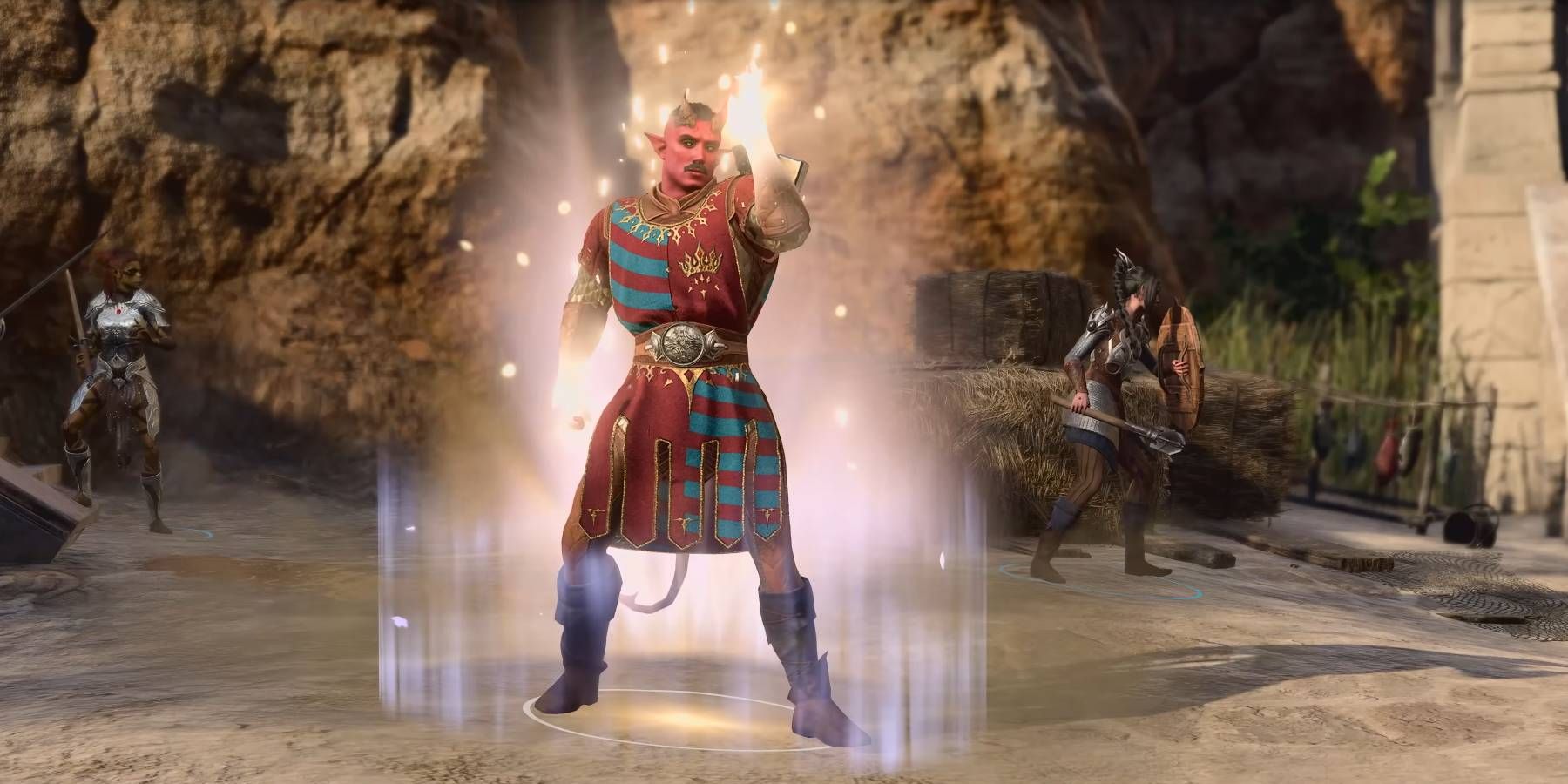
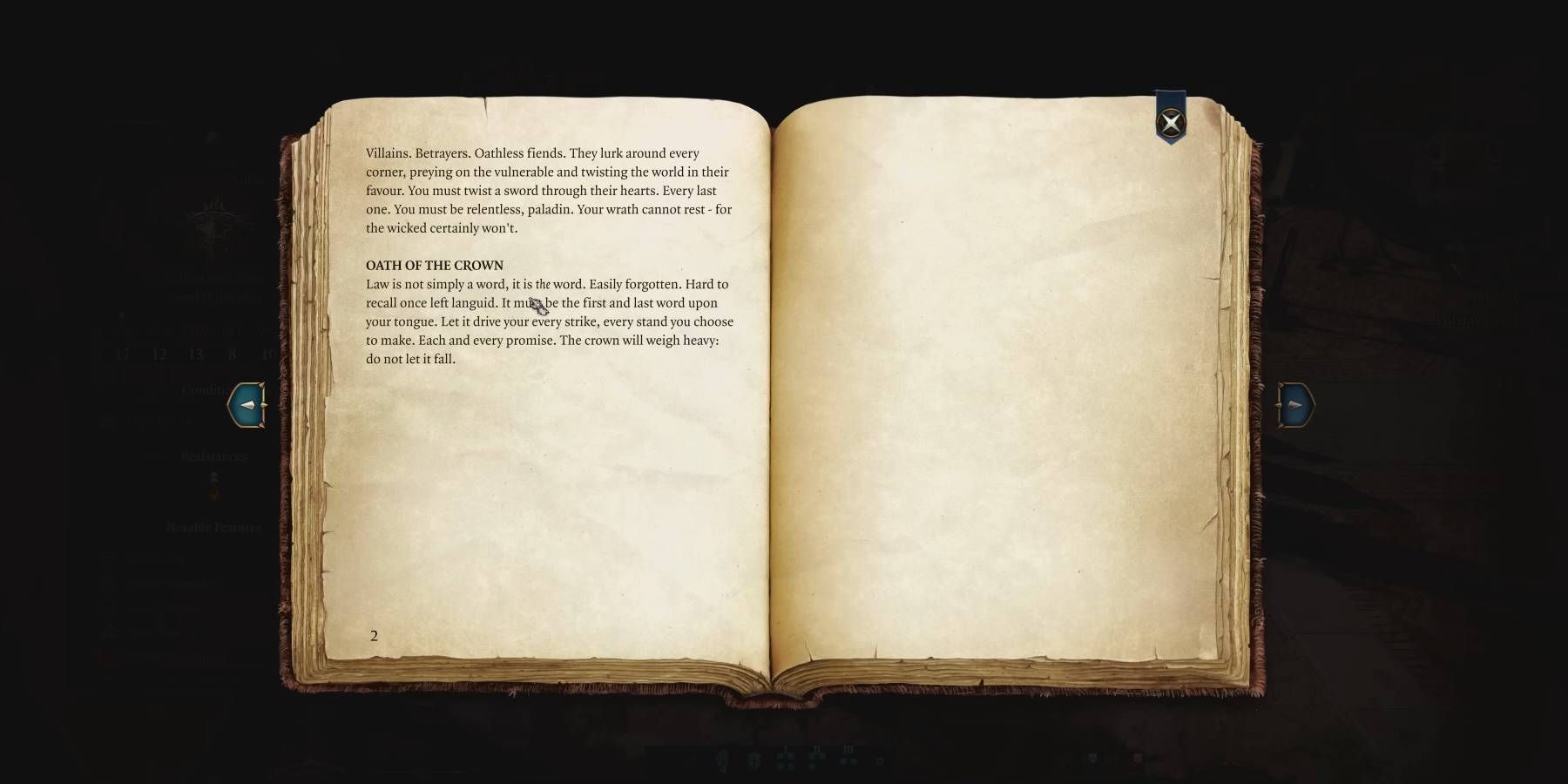
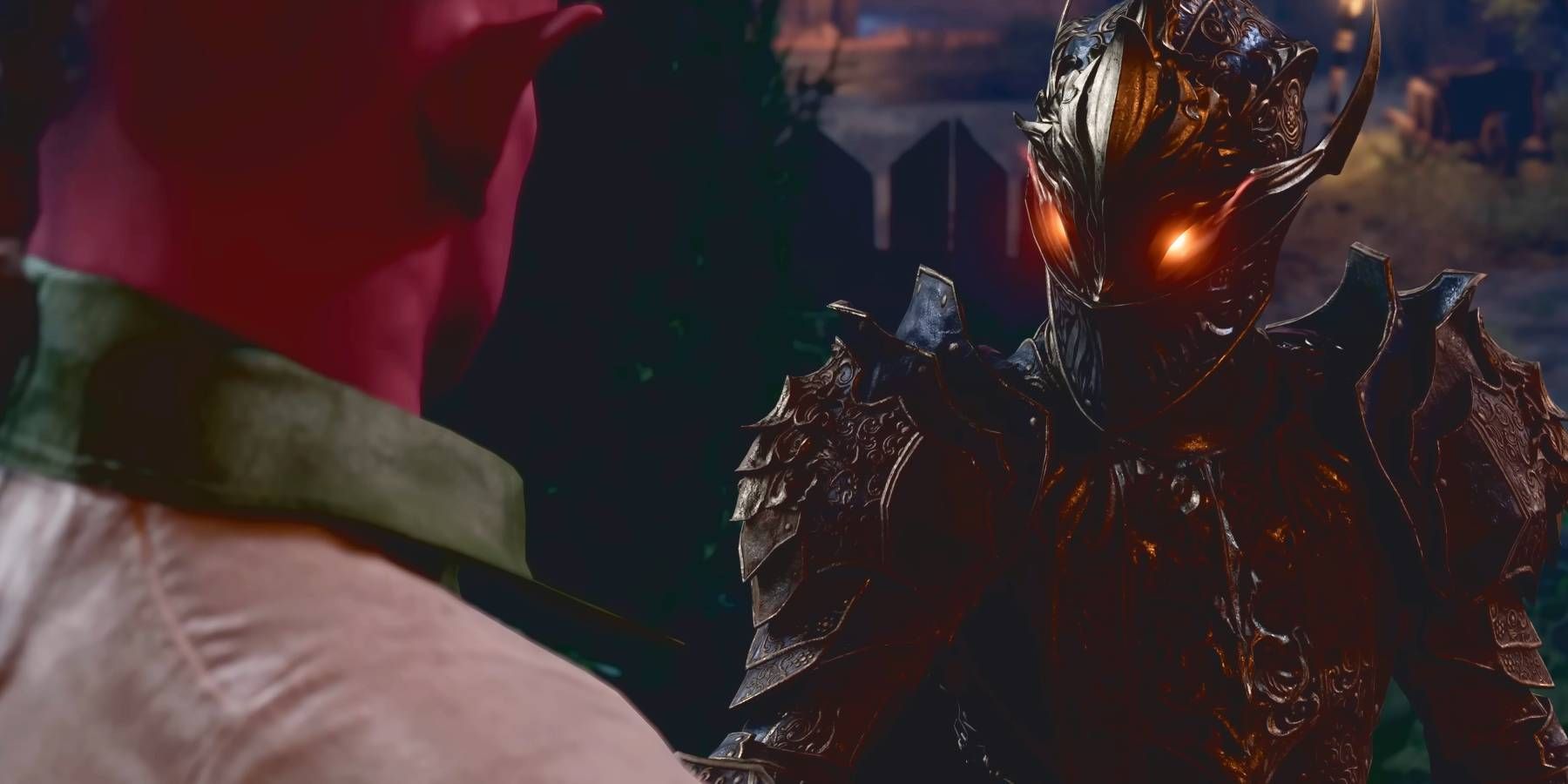
The example where this surprised me the most was when I spoke to Z’rell, a loyal follower of Ketheric Thorm in Act 2 of Baldur’s Gate 3. On most playthroughs, you can easily convince Z’rell that you will deliver the Nightsong to them, but then kill or free that figure for your own benefit without consequences. However, as an Oath of Crown Paladin, promising Z’rell anything ties you into the order of Moonrise Towers, leading you to break your Oath later if you deviate from your word.
Another big choice that breaks the Oath of the Crown is at the Last Light Inn of Act 2, if your character declines or leaves a conversation with Flaming Fist Florrick regarding finding Duke Ulder Ravengard. Doing this does not uphold the civilization of Baldur’s Gate, thus leading to a broken Oath.
In another situation, simply letting a prisoner go free could result in your character’s Oath being lost. Betraying the ideals of civilization could be as small as siding with a morally corrupt character, even if it is to deceive them later. Even with a Paladin’s high Charisma stat to deceive evil characters, simply going back on your word will lead to trouble.
Be Ready To Spend Money To Reclaim The Oath Of The Crown Often
Many Dialogue Options Breaking The Oath Leads To Its Downfall Frequently
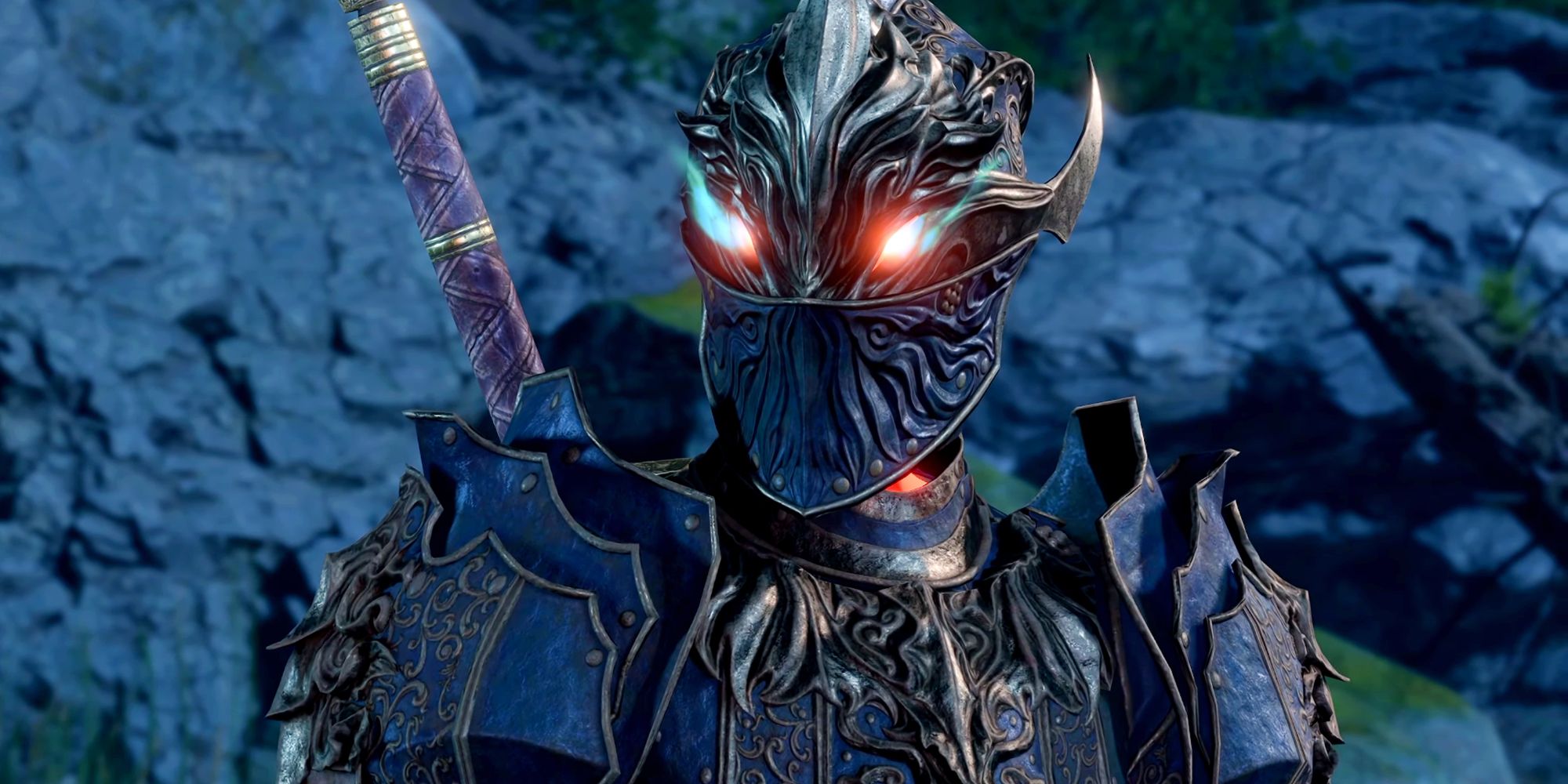
There are many hidden ways beyond specific examples where you may break the Oath of the Crown without realizing it, including:
Evading arrest when your party is wanted by the law.
Refusing to be interrogated by enemy forces.
Failing to keep agreements with different NPCs.
Stealing items from various characters.
Going back on your word after agreeing to help someone.
Every time you break your Oath in Baldur’s Gate 3, you must spend additional Gold to reclaim it from the Oathbreaker Knight back at your Camp. The first time you break your Oath, you pay 1,000 Gold, but it costs an extra 1,000 Gold each time it breaks, ramping up in price quickly. If you break your Oath a second time, it costs 2,000 Gold to reclaim it, with 3,000 Gold on the third time and so on.
Since the Oath of the Crown breaks in dialogue more often than other subclasses, you tend to fail its Tenets more throughout each Act. You need to think carefully about who you’ve agreed to help, what others want, and how your promises carry more weight with this archetype. At the same time, you are still bound by the usual Paladin expectations not to harm the innocent or commit other actions that are considered harmful to others.
Playing as a Dark Urge character who takes up the Oath of the Crown can make it even more difficult to uphold their Tenets without breaking them. The Dark Urge gains unique, violent options that could instantly destroy your Oath if chosen during dialogue moments.
The strong bonds an Oath of the Crown Paladin makes with different characters plays into the strictness of their Oath, as those so tightly bound to others would have stricter values. Many of this subclass’ features are tied to distracting an enemy’s attention to themselves instead of their allies, or taking damage for their friends in battle. Preserving the order and bonds of society are core to the Crown Oath, leading to more responsibility than other Paladins might have.
As a result, this subclass may have the easiest Oath to break, but might feel more like its class than any other archetype. This can lead to some very interesting characters in Baldur’s Gate 3, whose struggle to uphold the Tenets of their Oath reflects the dedication it takes to keep the order of civilization from devolving into chaos.





